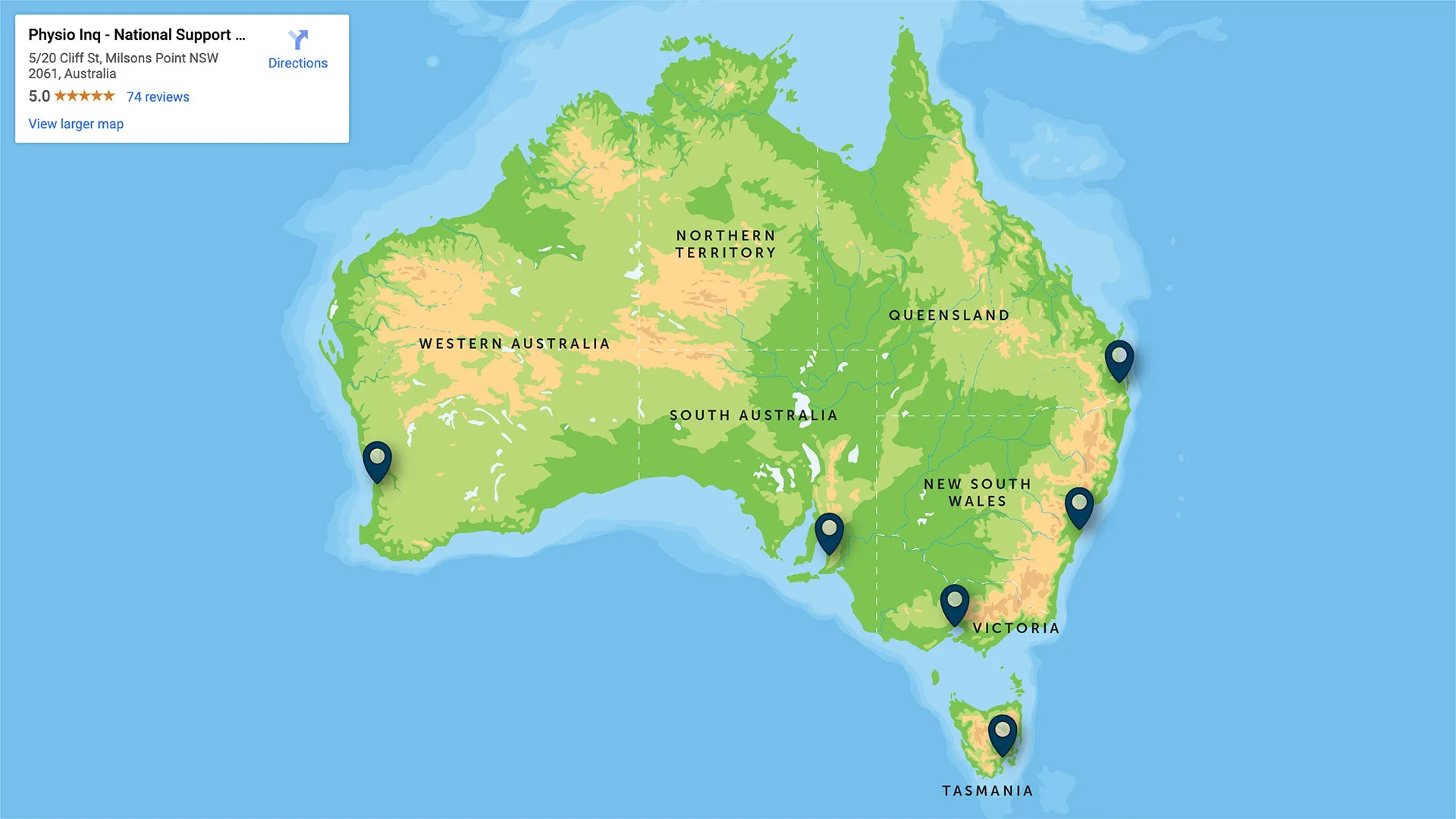How To Buy A Business In Australia?
Originally Published Aug 17, 2021
If you're considering the venture of buying a business in Australia, you're in for an exciting journey. Whether you're an aspiring entrepreneur or an experienced investor, this article will guide you through the ins and outs of business acquisition. We'll explore the "how" and "why" of buying a business and provide you with essential questions to ask to make informed decisions.
Why Buy a Business?
Before diving into the "how," let's address the "why." There are several compelling reasons to buy an established business in Australia:
- Proven Track Record: Existing businesses have a track record of revenue, clientele, and market presence. You can assess their financial stability and performance.
- Established Customer Base: You inherit an existing customer base, reducing the time and effort needed to build one from scratch.
- Brand Recognition: Established businesses often have brand recognition and reputation that can be leveraged for future growth.
- Operational Infrastructure: Many businesses come with established processes, systems, and a trained workforce, streamlining operations.
- Reduced Risk: While no investment is entirely risk-free, buying an existing business can be less risky than starting one from the ground up.

How to Buy a Business in Australia
The process of buying a business involves several key steps:
- Identify Your Goals: Determine your objectives, industry preferences, and financial capabilities. What kind of business are you looking for, and what are your long-term goals?
- Market Research: Conduct extensive market research to identify potential businesses for sale. You can use various platforms, including online business-for-sale listings, brokers, and industry networks.
- Due Diligence: Once you've found a promising business, perform due diligence. This includes reviewing financial statements, contracts, legal obligations, and examining the business's performance.
- Negotiation: Negotiate the terms of the purchase, including the sale price, payment structure, and any contingencies. It's essential to consult with a legal expert during this stage.
- Financing: Arrange financing for the purchase, whether it's through personal savings, business loans, or investors. Ensure that you have the necessary capital to close the deal.
- Legal Formalities: Prepare and review legal contracts, such as the purchase agreement and transfer of assets. Consult with legal experts to ensure compliance with Australian business laws.
- Transition Plan: Develop a transition plan for the takeover. This includes integrating your strategies, systems, and team into the acquired business smoothly.

Questions to Ask When Buying a Business
As you go through the acquisition process, asking the right questions is crucial to make informed decisions:
- Why is the Business for Sale? Understanding the seller's motivation can provide insights into the business's health and potential challenges.
- Financials: What is the business's current and historical financial performance? What are the main revenue streams, expenses, and profit margins?
- Market and Competition: What is the market landscape, and who are the primary competitors? Are there growth opportunities and potential threats?
- Legal Obligations: Are there any pending legal issues, contracts, or obligations that you should be aware of?
- Customers and Suppliers: Who are the key customers, and what is the customer retention rate? Are there long-term supplier relationships in place?
- Staff and Culture: What is the current staff structure, and how do they contribute to the business's success? Is there an established company culture?
- Future Growth: What are the growth strategies and opportunities for the business under your ownership?
Buying a business is a significant decision, and asking the right questions and conducting thorough due diligence is critical to a successful acquisition.

Conclusion
Buying a business in Australia is an exciting and potentially lucrative venture. It offers the chance to own and operate a business with an established track record and customer base. By following a structured process, conducting due diligence, and asking the right questions, you can make a well-informed decision and embark on your entrepreneurial journey with confidence.
Remember that every business acquisition is unique, so it's essential to consult with experts in legal, financial, and business matters to ensure a smooth transition and a successful future as a business owner.
About Physio Inq - Your Business Partner for 15 Years
Physio Inq is a trusted franchise network that has been helping Australians achieve their business goals for 15 years. We are committed to empowering small businesses to thrive and grow.
If you're interested in discovering how Physio Inq can benefit your small business, we invite you to get in touch with our team. Please visit our Business Network Information Page to submit an inquiry or learn more about our franchise opportunities.
We look forward to supporting your business success journey!
Disclaimer
The information provided on this blog is intended for educational and informational purposes only. It is not intended to be a substitute for professional advice or treatment. Always seek the advice of a qualified professional with any questions you may have regarding a medical condition. Never disregard professional medical advice or delay in seeking it because of something you have read on this blog.

